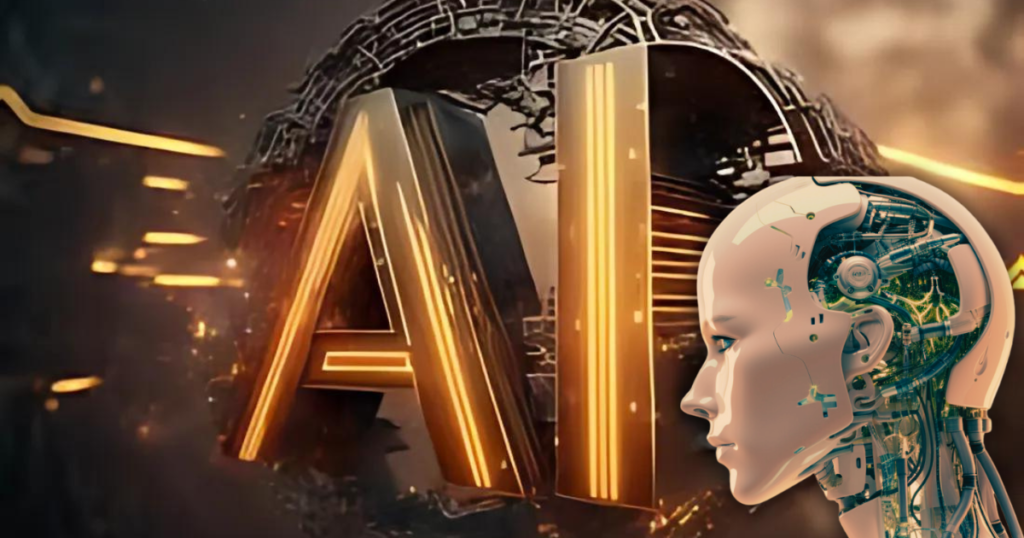Generative AI is revolutionizing how businesses operate, automating creativity, and enhancing customer experiences like never before. Imagine a world where AI systems can craft entire marketing campaigns, design logos, or personalize customer interactions without human intervention. That’s the power of Generative AI, a technology that’s reshaping industries by blending automation with creativity.
What is Generative AI?
Generative AI refers to a subset of artificial intelligence that can create content, from text and images to music and even videos. Unlike traditional AI models that analyze data, Generative AI produces new data that resembles the patterns it has learned.
Technology Behind Gen AI
At its core, Generative AI uses deep learning models like Generative Adversarial Networks (GANs) and Variational Autoencoders (VAEs). These models learn from vast datasets, understanding the intricacies of the content they generate, whether it’s a realistic image or a coherent piece of writing.
Types of Gen AI Models
There are several types of Generative AI models, each with its strengths. GANs are known for generating high-quality images, while VAEs are used for tasks that require a deep understanding of data distribution. Additionally, transformer-based models like GPT are highly effective in generating human-like text.
Automating Creativity: The Role of Gen AI
One of the most fascinating aspects of Generative AI is its ability to automate creativity. From content generation to design innovation, AI is transforming creative processes across industries.
AI-Generated Content Creation
Generative AI can craft blog posts, social media content, and even news articles. Tools like OpenAI’s GPT series have shown that AI can produce content that’s nearly indistinguishable from that written by humans, helping businesses maintain a consistent online presence with minimal effort.
Visual and Design Innovation with AI
In the world of design, Generative AI is making waves. AI tools can generate logo designs, product prototypes, and even architectural plans. This not only speeds up the design process but also opens up new avenues for creativity by offering unique ideas that might not have been considered by human designers.
Enhancing Marketing Campaigns through AI
AI can analyze market trends, generate ad copy, and even optimize the timing of posts, all without human input. This automation allows marketers to focus on strategy and big-picture thinking while the AI handles the nitty-gritty details.
Enhancing Customer Experience through AI
Generative AI is also making strides in enhancing customer experiences. By personalizing interactions and providing real-time support, businesses can foster stronger relationships with their customers.
4.1 Personalized Customer Interactions with AI
AI can tailor product recommendations, create personalized emails, and even predict customer needs before they arise. This level of personalization not only improves customer satisfaction but also increases conversion rates.
AI-Powered Chatbots and Virtual Assistants
Chatbots and virtual assistants powered by Generative AI can handle customer inquiries 24/7, providing instant responses and solutions. These tools are becoming increasingly sophisticated, capable of understanding context and providing more human-like interactions.
AI in Customer Support and Feedback Analysis
Generative AI can analyze customer feedback, detect patterns, and suggest improvements. This allows businesses to quickly address issues and continuously improve their customer service.
Real-World Examples of Gen AI in Business
Generative AI is already making an impact in various industries. Here are a few real-world examples that showcase its potential.
AI in Retail: Personalized Shopping Experiences
In retail, AI is being used to create personalized shopping experiences. For example, some online stores use AI to generate product recommendations based on a customer’s browsing history, making the shopping experience more engaging and efficient.
AI in Entertainment: Content Creation and Recommendation Systems
The entertainment industry is also leveraging AI to create content and recommend shows or movies. Platforms like Netflix use AI algorithms to analyze viewer preferences and generate personalized recommendations.
AI in Healthcare: Streamlining Patient Experiences
In healthcare, AI is being used to enhance patient experiences by personalizing treatment plans, automating administrative tasks, and even assisting in diagnosis.
Challenges and Ethical Considerations in Gen AI
While Gen AI offers numerous benefits, it also presents several challenges and ethical considerations that businesses must address.
Data Privacy Concerns
Gen AI relies on large datasets, often containing sensitive information. Ensuring data privacy and compliance with regulations like GDPR is critical to avoid potential breaches and maintain customer trust.
Balancing Automation and Human Creativity
One of the challenges businesses face is finding the right balance between automation and human creativity. While AI can generate content, human oversight is still necessary to ensure the output aligns with the brand’s voice and values.
Ethical Implications of AI-Generated Content
The rise of AI-generated content raises ethical questions, particularly around authorship and originality. Businesses must consider the implications of using AI to create content and ensure transparency with their audiences.
The Future of Gen AI in Business
The future of Gen AI in business looks promising, with innovations on the horizon that will further enhance its capabilities.
Innovations on the Horizon
Emerging technologies like AI-driven creativity tools and enhanced natural language processing models will push the boundaries of what Gen AI can achieve, making it even more integral to business operations.
The Impact of AI on Employment and Workforce Dynamics
As Gen AI becomes more prevalent, it will inevitably impact employment. While some jobs may be displaced, new opportunities will emerge in AI management, oversight, and creative collaboration between humans and machines.
Conclusion
Generative AI is transforming business by automating creativity and enhancing customer experiences. While it presents challenges, the potential benefits far outweigh the drawbacks. As AI continues to evolve, businesses that embrace this technology will be well-positioned to stay ahead of the curve and deliver exceptional value to their customers.



